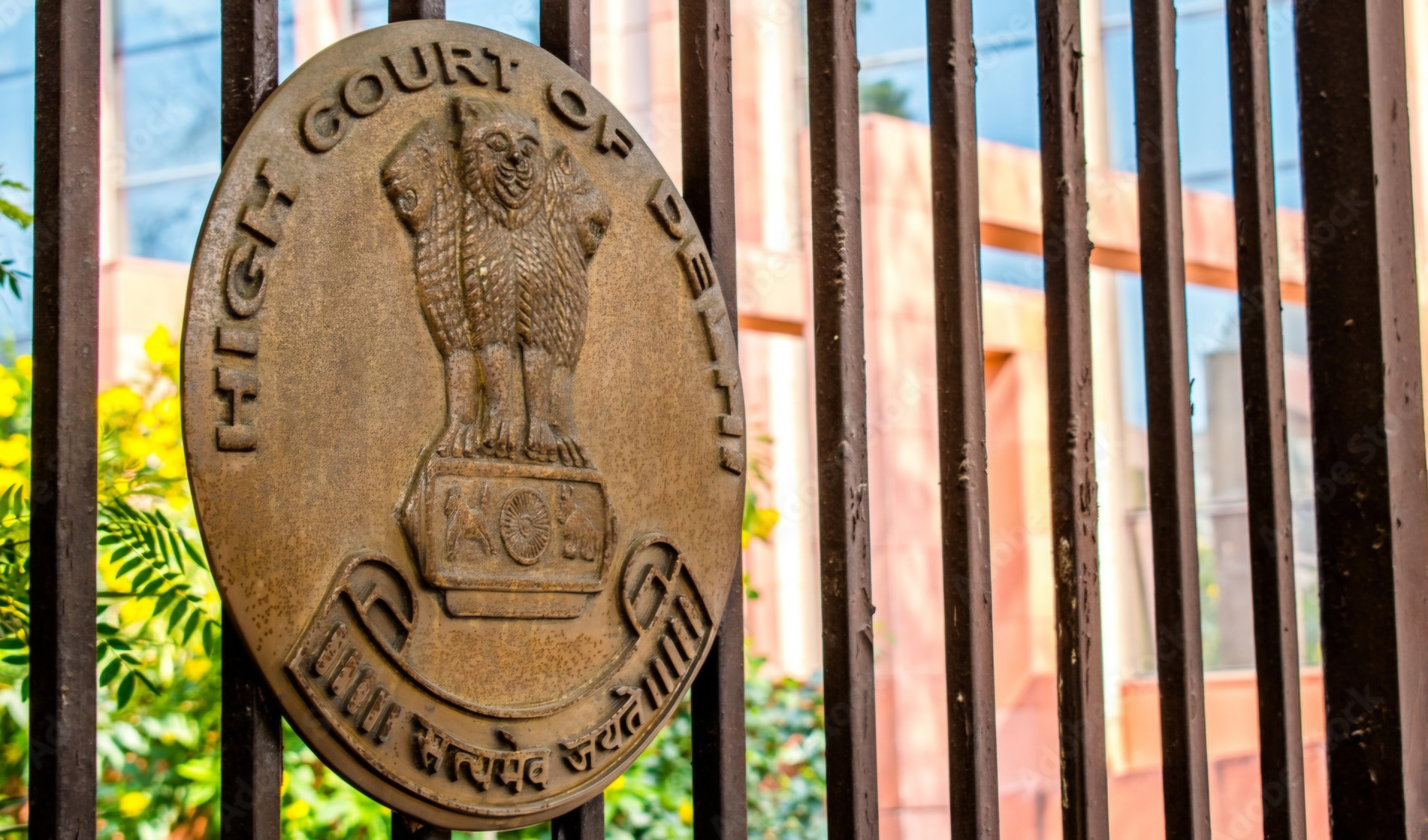


On 20th September 2024, the Delhi Tall Court conveyed a key judgment in CRL.REV.P. 236/2023 & CRL.REV.P. 276/2023, including Swati Maliwal, Chairperson of the Delhi Commission for Ladies (DCW), and Sarika Chaudhary. The petitions challenged the charges surrounded against them beneath the Anticipation of Debasement Act (PCA) and Indian Correctional Code (IPC).
Case Background
The case stems from a 2016 complaint recorded by previous MLA Barkha Shukla Singh, blaming Maliwal and others of designating people with ties to the Aam Aadmi Party (AAP) to positions within the DCW without following to procedural rules. It was affirmed that arrangements were made without promotions or taking after standard enrollment methods, driving to monetary benefits being given to these deputies at the cost of the open exchequer.
The Anti-Corruption Bureau (ACB) started an examination, coming about in an FIR and consequent charges beneath Area 120B of the IPC (criminal scheme) and Segments 13(1)(d)/13(2) of the PCA for manhandling open office for monetary pick up.
The Court's Judgment
The High Court affirmed the lower court's ruling, stating that there was enough evidence to bring the charges. The court highlighted that the PCA's drafting of accusations was justified by the appointments' lack of openness and the financial regulations' violations.
In addition, the court rejected the claim that the General Financial Rules (GFR) were not legally obligatory, emphasizing how crucial it is to adhere to due process when making public appointments. This decision is an important reminder of the accountability needed in public office, particularly when there have been accusations of corruption and abuse of power.
Click Here to: Download/View Related File
TAGS: Delhi High Court Swati Maliwal Sarika Chaudhary Prevention of Corruption Act Indian Penal Code Aam Aadmi Party Delhi Commission for Women financial irregularities public office Anti-Corruption Bureau General Financial Rules.